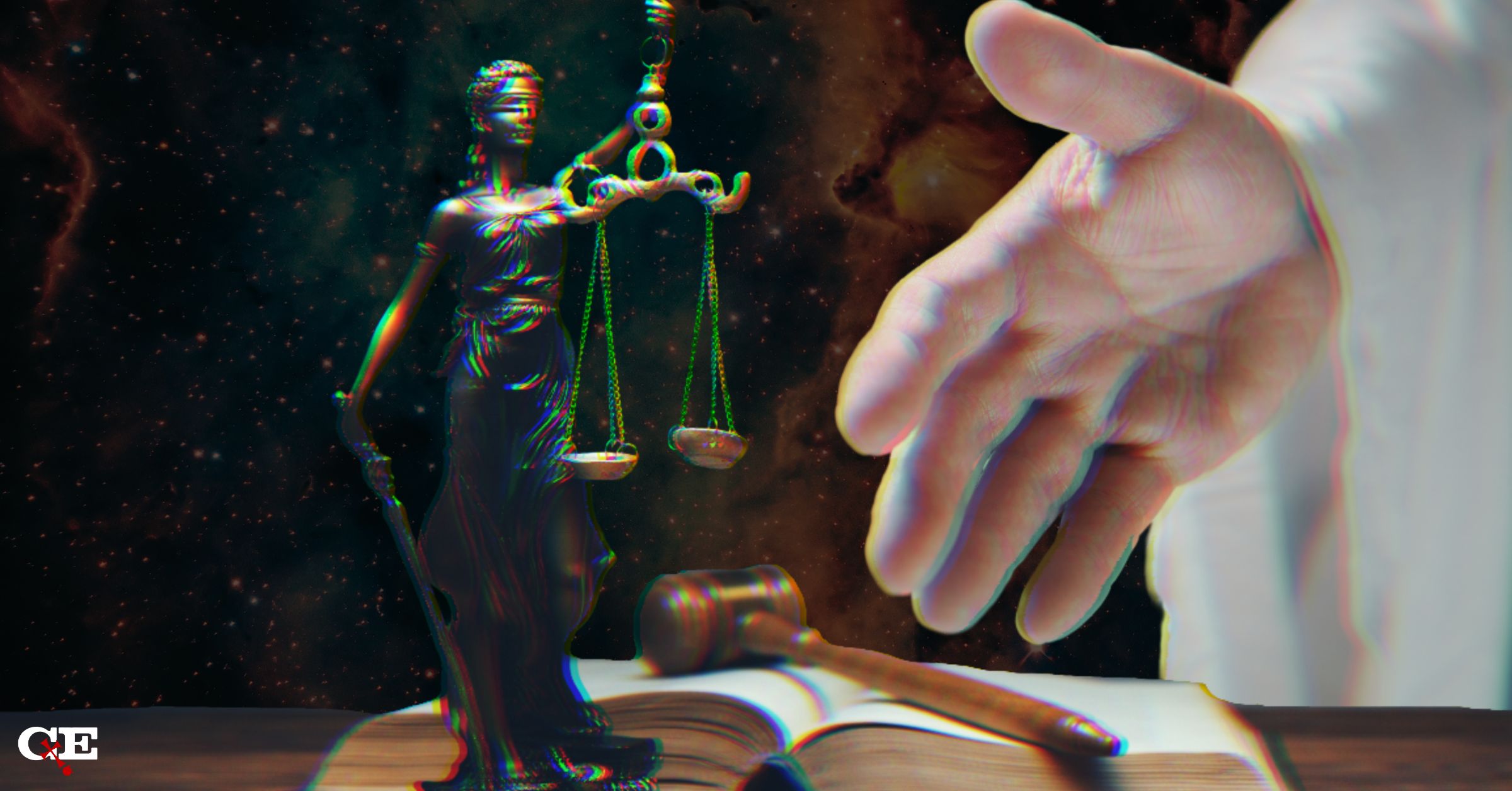Why Demanding Extraordinary Evidence Makes Little Sense
Many skeptics approach “the evidence” for Christianity with a closed mind. Hobbled by a number of presuppositions, they typically end up where they begin: convinced that God simply would not have made himself so difficult to detect. Many will back up their position with a challenge – because Christian claims are so “extraordinary,” they say, only “extraordinary evidence” will be sufficient to persuade them.
Upon reflection, however, it is quickly apparent that this is a rather odd, and in the end self-defeating, way to go about the task of acquiring knowledge. It’s odd because it demonstrates a misunderstanding about the way evidence works. It’s self-defeating because reviewing evidence is supposed to be done so that one can arrive at the truth about what occurred, and when one option – that God created us and sent his Son to redeem us – is set off limits at the beginning, there is only one result that can be reached. This may give the atheist comfort – his views remain unchallenged – but it is difficult to describe this as a meaningful search for the truth.
Extraordinarily Presumptuous
Consider: “evidence” can mean a variety of things, but as it relates to historical events, it refers to the existence of certain historical facts which directly or indirectly tend to prove that the event in question occurred. To determine whether Jesus was a real or fictitious person, whether he died on the cross, and, most significantly, whether he was bodily resurrected from the dead, the process of discernment requires a consideration of all the evidence in order to conclude with confidence that the challenged event did or did not occur. Consequently, in assessing the weight and persuasiveness of the evidence, it may appear that certain pieces of evidence line up as probative or not probative, relevant or irrelevant, weighty or weak. But refusing to even consider evidence unless it first meets the standard of “extraordinary” reflects a bias against ever reaching a conclusion. Far from being a rational position, it is the abandonment of reason, for reason does not impose upon itself such artificial restrictions.
Extraordinarily Ironic
This demand for “extraordinary” evidence is, upon reflection, also rather ironic. Christianity is in fact based on “extraordinary” evidence. It is “out of the ordinary” and “exceptional” and “not commonplace” that
- the numerous books of the Bible, written over dozens of centuries by a variety of unrelated authors, could be assembled into a coherent whole, one that tells an overarching message of man, his problem, and the solution God set in motion. The books of the Old Testament presage and predict Christ, and the books of the New Testament demonstrate the fulfillment of the Old Testament prophecies
- the concerns and beliefs of a culture separated from us by thousands of years could still resonate as relevant today, and join via a common system of belief cultures from across the globe and spanning every conceivable age since Christ walked the earth
- the early followers could be so convinced of the truth of what occurred that they were willing to face death rather than deny what they would have known to be false, if indeed they were fabricating a story
- a variety of predictions in those Old Testament accounts could find fulfillment in one historical person
- modern archeology repeatedly confirms so much of what is written in the texts
- the claims of multiple miracles that were witnessed by numerous people
- and probably most significantly, a man who preached a radical message of universal brotherhood to a subjugated people who were expecting and hoping for a conquering king could change a world and still be regarded – and embraced – as relevant today.
This is just a partial list. Indeed, entire books and ministries have been devoted to making this case. And while the skeptic can challenge various pieces of evidence, it is difficult to gainsay both the amount and the quality of the evidence upon which Christians base their faith.
This is not to say that Christianity is not, in the final analysis, a matter of faith – it certainly is. As Paul says in Hebrews, faith is the assurance of things hoped for, the convictions of things not seen (Hebrews 11:1-2). No one can see heaven or preview what eternity with God will entail. Faith provides the assurance that what Jesus promised is true; we can rest confidently in the knowledge that things not seen will be as he promised. But we don’t have “blind faith” that he once lived, or that he has the authority to carry out what he promised. Our faith, our knowledge, is based on the evidence provided by those early witnesses.
These men and women lived in extraordinary times and witnessed extraordinary things; sadly, many suffered extraordinarily for their convictions. But what they left to posterity, the evidence of what they saw and heard and experienced – whether or not it rises to the level of “extraordinary” – was certainly sufficient.
And it remains so today.
Recommended Resources:
The New Testament: Too Embarrassing to Be False by Frank Turek (DVD, Mp3, and Mp4)
Why We Know the New Testament Writers Told the Truth by Frank Turek (DVD, Mp3 and Mp4)
Debate: What Best Explains Reality: Atheism or Theism? by Frank Turek DVD, Mp4, and Mp3
Early Evidence for the Resurrection by Dr. Gary Habermas (DVD), (Mp3) and (Mp4)
Al Serrato earned his law degree from the University of California at Berkeley in 1985. He began his career as an FBI special agent before becoming a prosecutor in California, where he worked for 33 years. An introduction to CS Lewis’ works sparked his interest in Apologetics, which he has pursued for the past three decades. He got his start writing Apologetics with J. Warner Wallace and Pleaseconvinceme.com.











